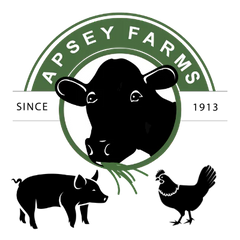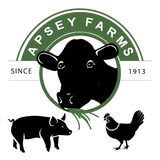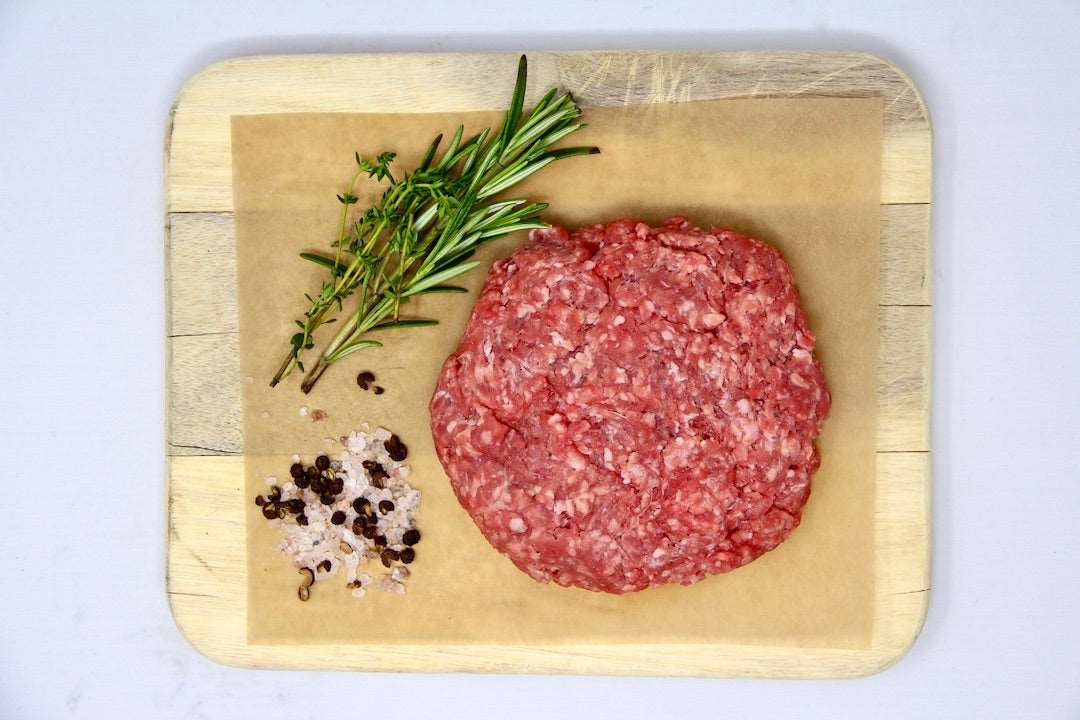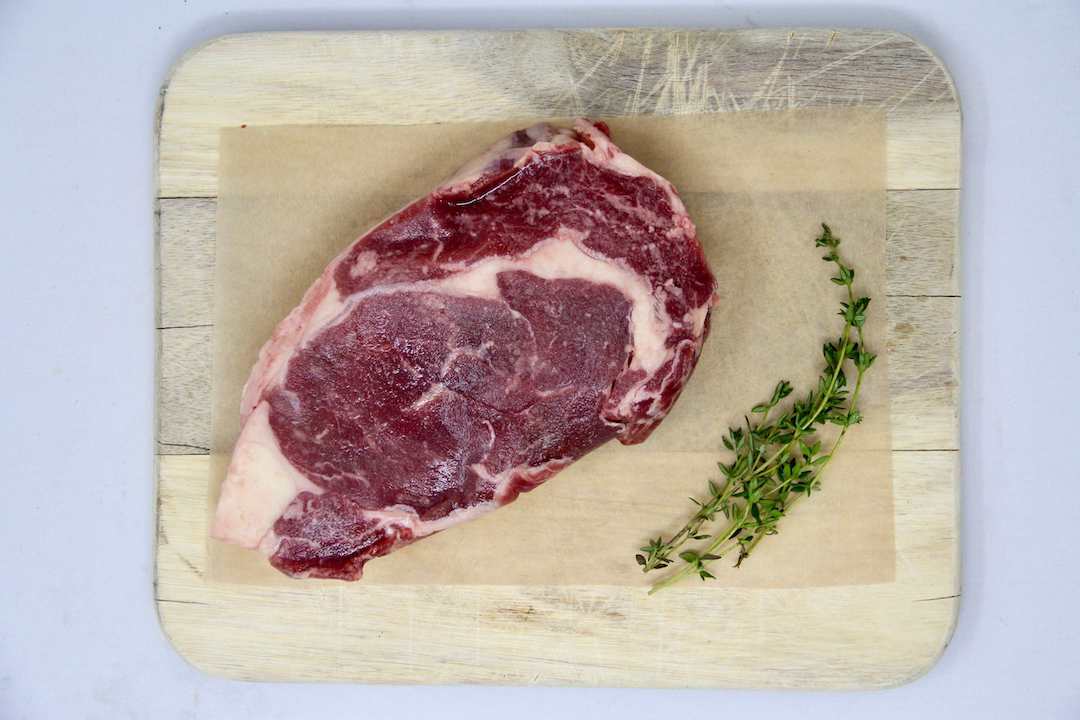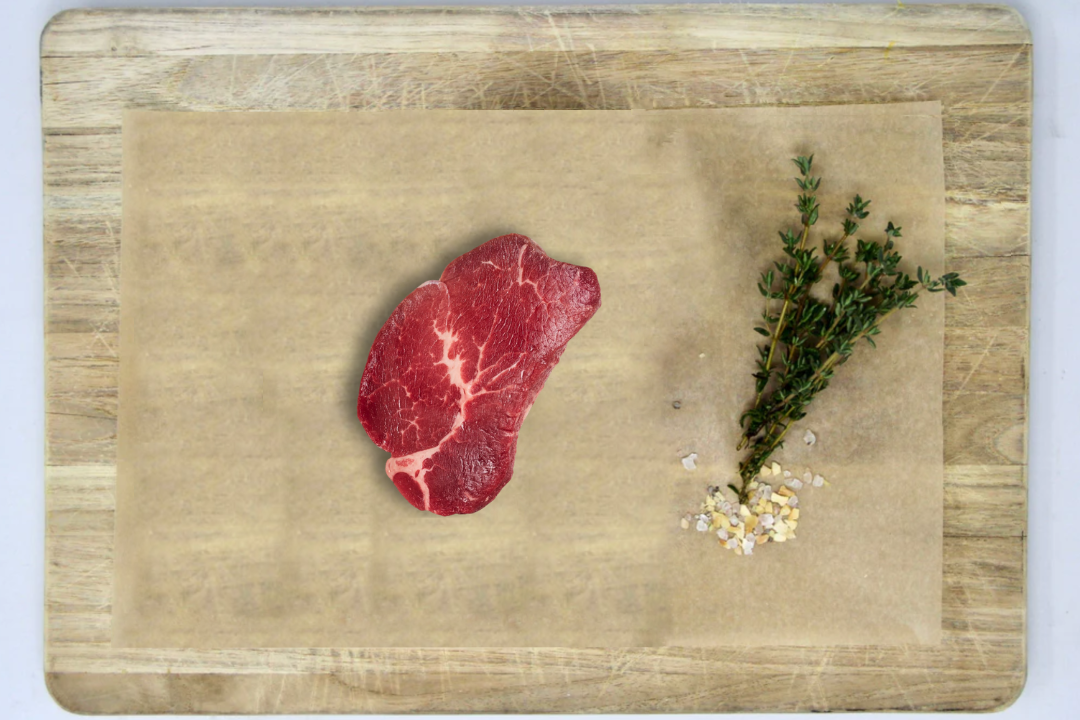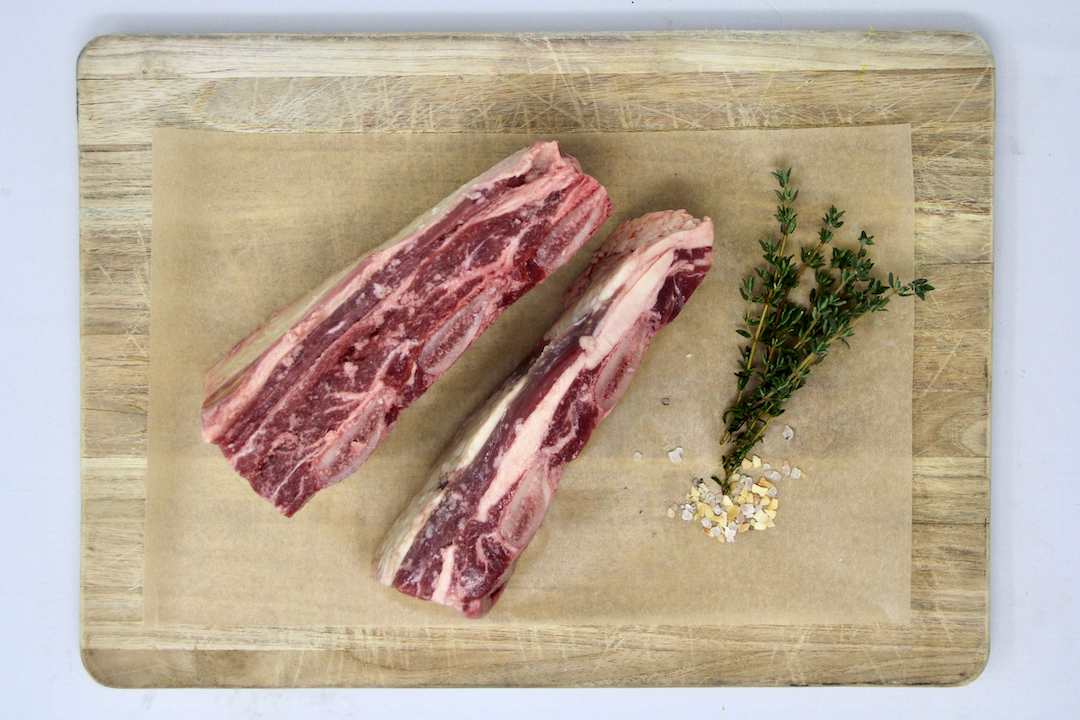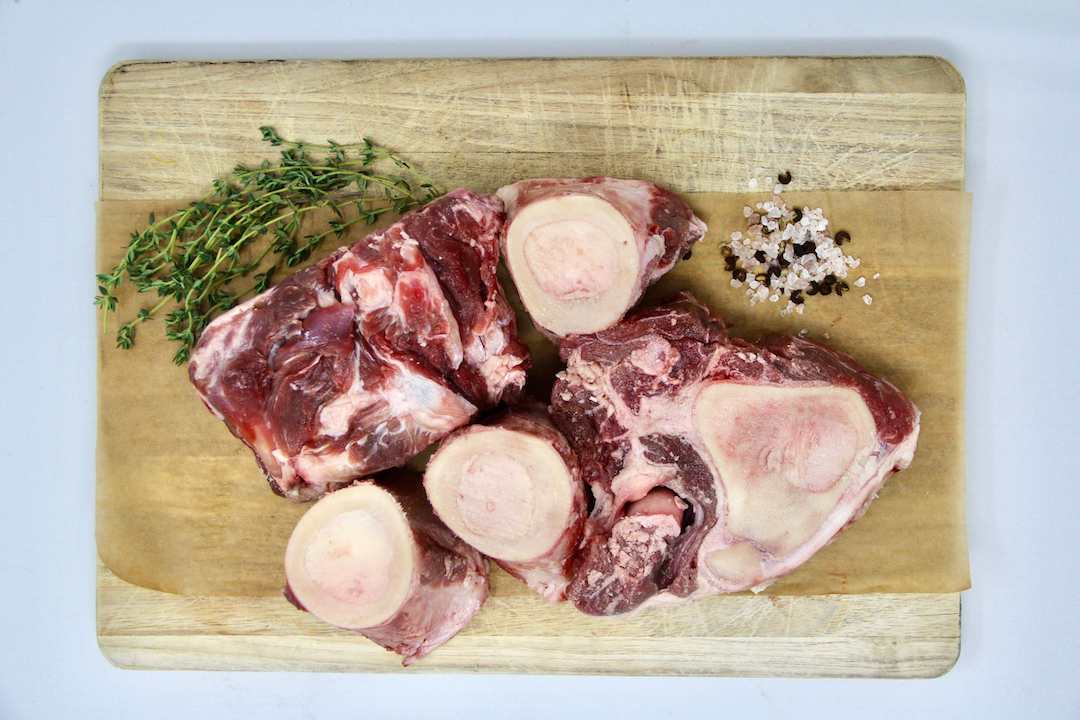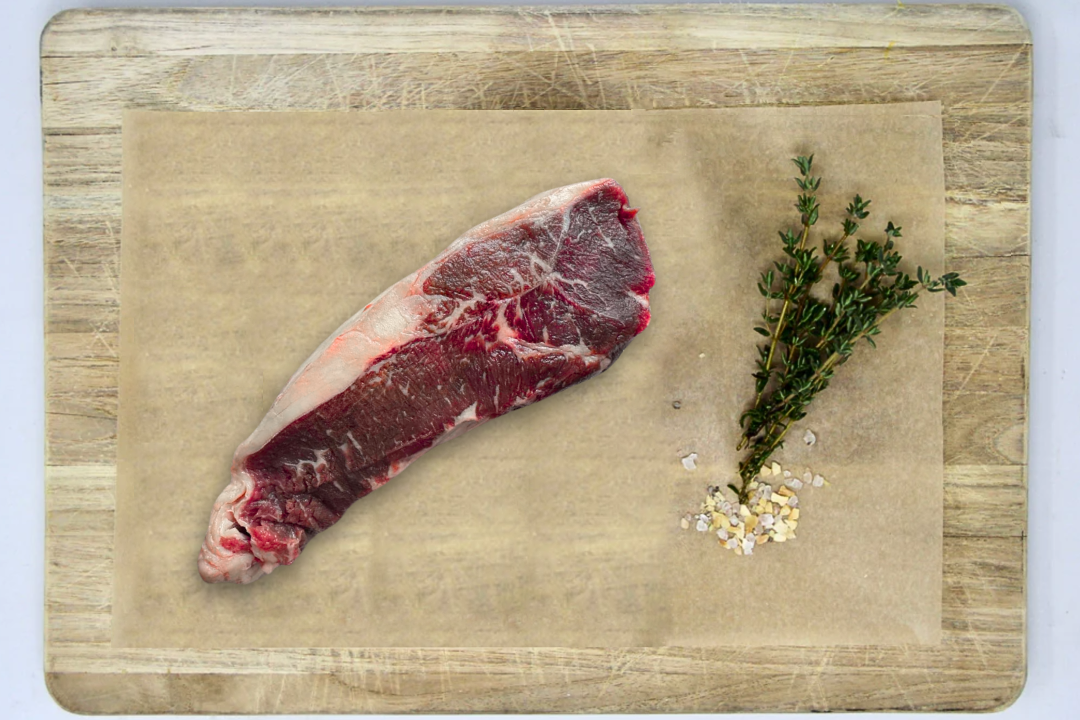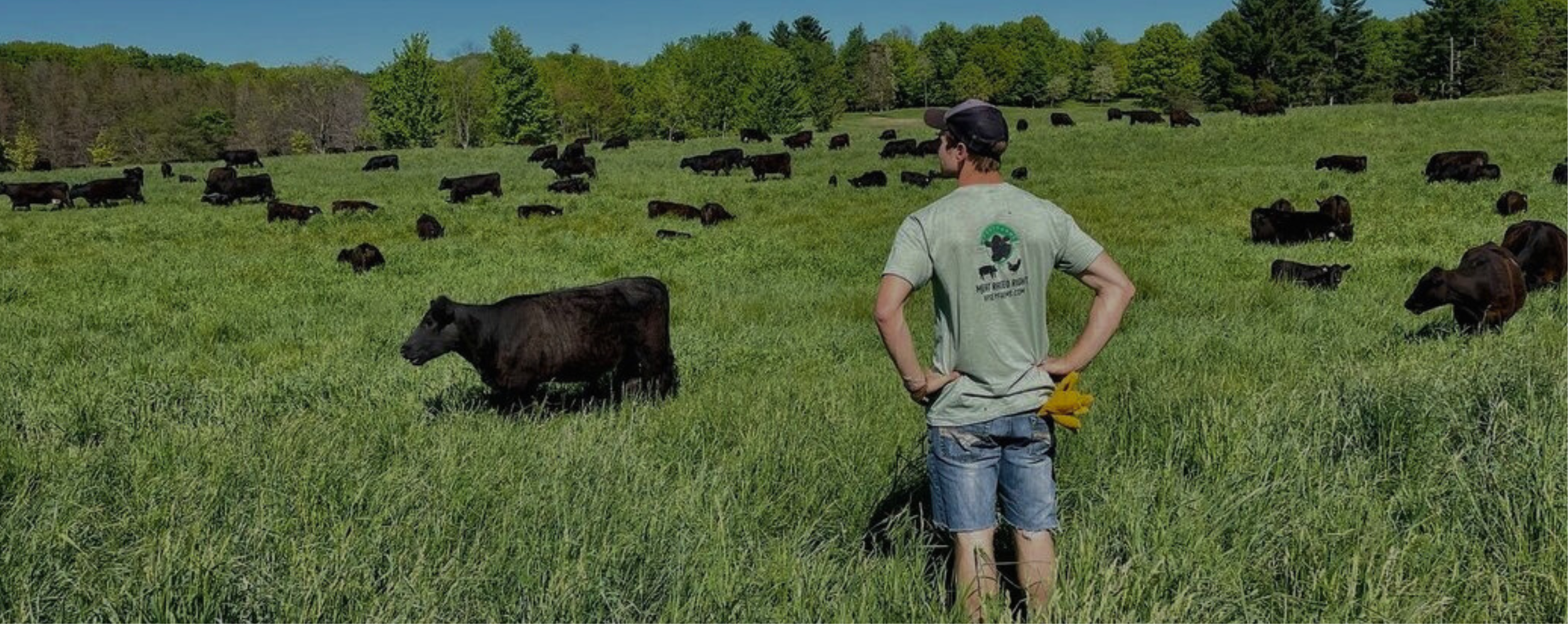
Why Regeneratively-Raised Beef
SHOP PORKDo you know what's in your beef? Not just what the misleading packaging says. Do you actually know what's in your beef? How it was raised? The food it was fed?
Many people are unaware that the way their beef is raised can significantly impact their health and their families. Traditional conventional cattle farming practices often lead to beef that is lower in essential nutrients and may contain harmful substances due to the use of antibiotics and hormones.
What about grass-fed beef?
Even though grass-fed beef is a step in the right direction, it isn’t enough. Grass-fed cattle can still be raised in ways that harm the environment and fail to maximize the nutritional benefits of the meat.
Regenerative agriculture offers a comprehensive solution, producing beef that is more nutritious and raised without harmful chemicals, while also supporting the well-being of the planet.
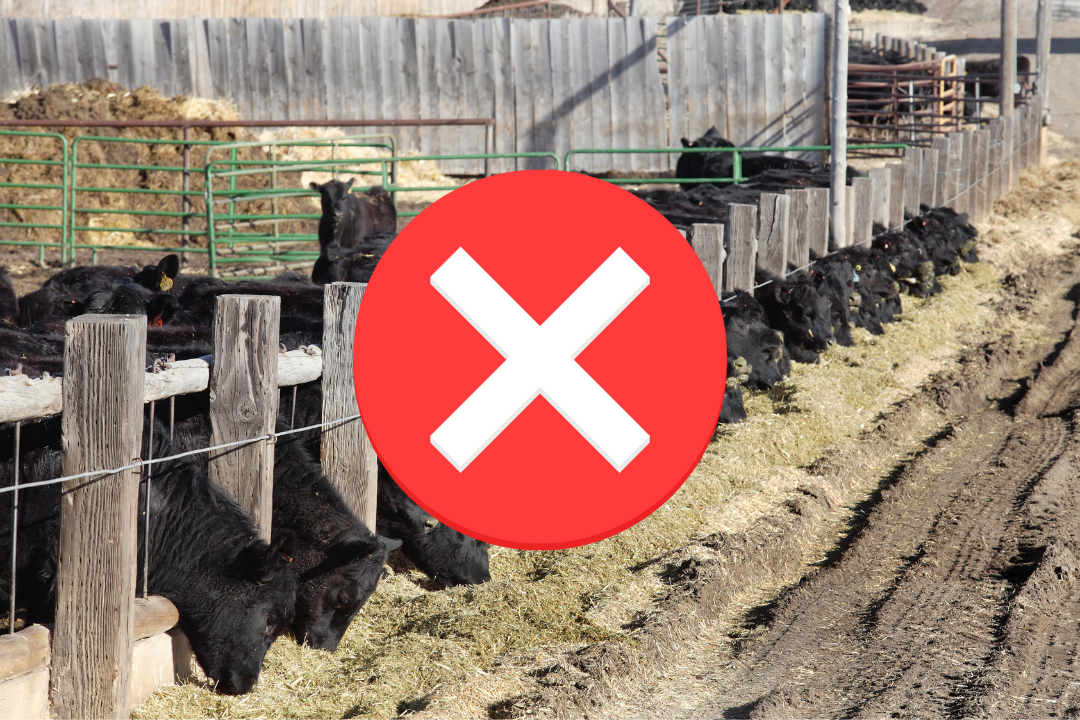
Conventionally-Raised Beef
Conventional cattle farming practices are known to exacerbate environmental problems. These methods release carbon from the soil into the atmosphere, contributing to climate change. [1] The continuous grazing and lack of crop rotation lead to the erosion of topsoil, which is essential for plant growth and maintaining healthy ecosystems. [2] This degradation decreases biodiversity, harming various species and disrupting ecosystems. [3]
Cattle are packed into feedlots with little exercise, fed GMO grains, and given vaccines, antibiotics, and hormones. These stressed animals fatten up quickly and become unnaturally obese creatures that would never exist in nature.
Beef Raised Right
Beef raised to the highest standard. At Apsey Farms, all of our beef is regeneratively-raised 100% Grass-Fed on pasture on our family farm and partner farms.
This method of farming is sustainable and regenerative, improving the land's health while providing animals with a humane environment. Our rotational grazing means greater parasite resistance, and less disease for our cattle – we don't need to use chemical dewormers, antibiotics, hormones, etc. [4] [5]
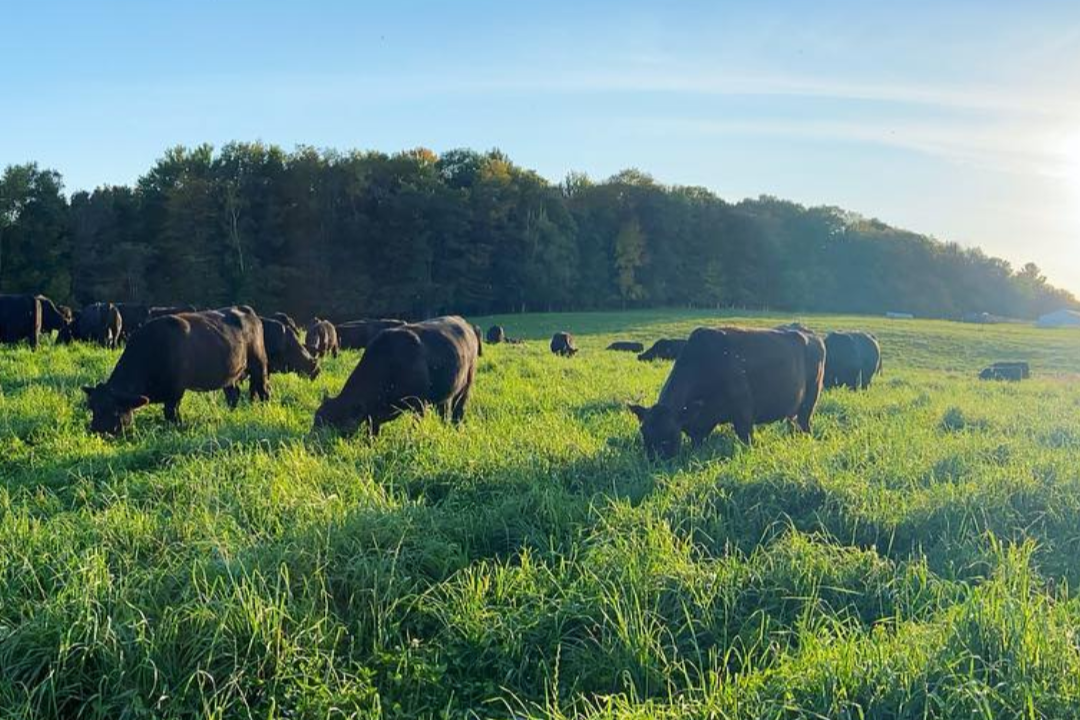
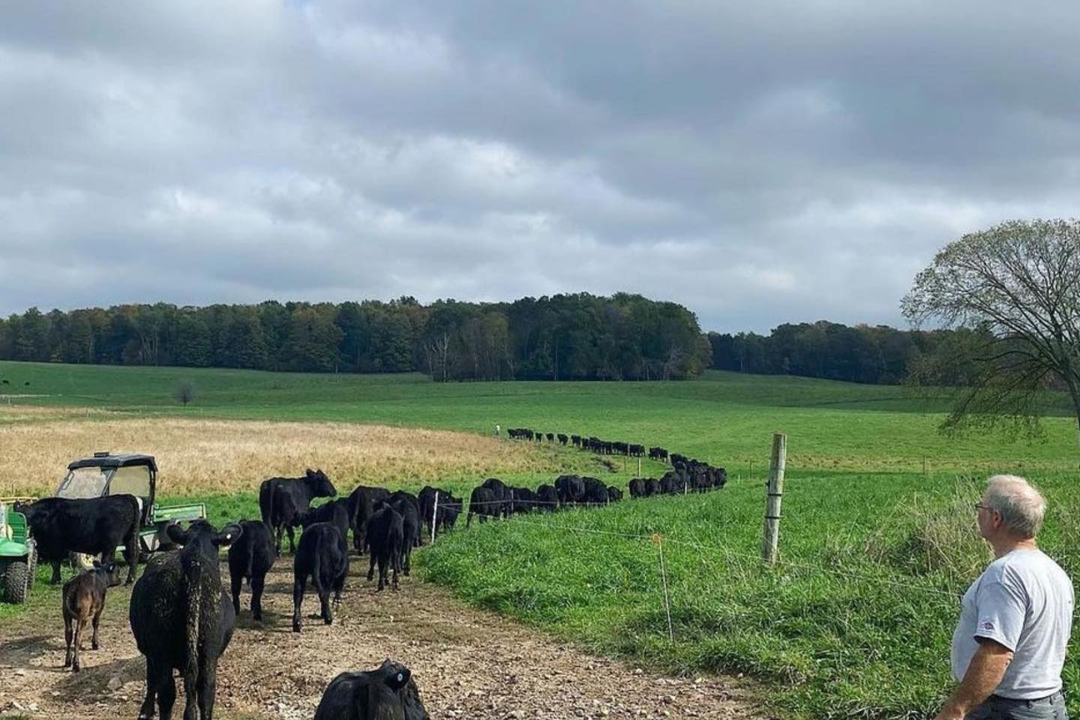
Raising all of our livestock regeneratively as nature-intended is not nearly as efficient, but it's the right thing to do.
Better for you. Better for the animals. Better for the planet. Our regenerative farming practices leads to our 100% Grass-Fed Beef being healthier:
- Healthy living conditions
- Healthy cattle without the use of vaccines and antibiotics
- Fresh air and sunlight
- Access to fresh grass and air

Check Out the Most Nutritious Beef
Sources
[1] Smith, P., Bustamante, M., Ahammad, H., Clark, H., Dong, H., Elsiddig, E. A., ... & Tubiello, F. N. (2014). Agriculture, forestry and other land use (AFOLU). In Climate Change 2014: Mitigation of Climate Change (pp. 811-922). Cambridge University Press.
[2] Lal, R. (2015). Restoring soil quality to mitigate soil degradation. Sustainability, 7(5), 5875-5895.
[3] Tilman, D., Isbell, F., & Cowles, J. M. (2017). Biodiversity and ecosystem functioning. Annual Review of Ecology, Evolution, and Systematics, 48, 485-508.
[4] Teague, W. R., Apfelbaum, S., Lal, R., Kreuter, U. P., Rowntree, J., Davies, C. A., ... & Byck, P. (2016). The role of ruminants in reducing agriculture's carbon footprint in North America. Journal of Soil and Water Conservation, 71(2), 156-164.
[5] LaCanne, C. E., & Lundgren, J. G. (2018). Regenerative agriculture: merging farming and natural resource conservation profitably. PeerJ, 6, e4428.
